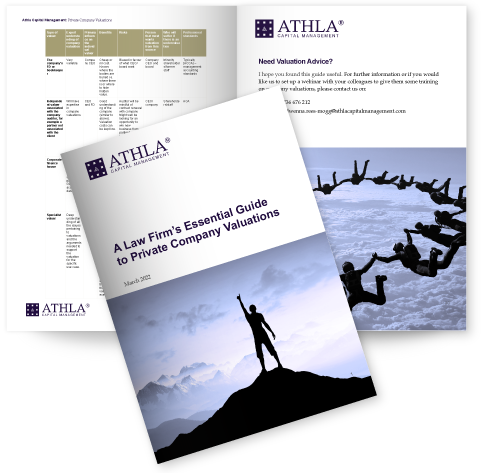How Articles of Association impact on valuations (Part 1)
June 4, 2024

This is the first in a 4 part series discussing how the clauses in a company’s Articles of Association can impact on its valuation
We spend a lot of time pouring over a company’s Articles in order to understand the impact of key clauses on its valuation. There is a lot to consider, so I thought it would be useful over the next X weeks to explore some of the big issues that we think about.
I thought I would start off with some thoughts on the issue of Articles that are silent on many issues. It’s not unusual for us to value companies that are decades old (the oldest one we have valued so far was formed in the 1950s and whose Articles were drafted under the Companies Act 1948). Back in the day, people who set up companies were often more concerned with including clauses about a shareholders’ meeting should be conducted than issues such as drag along and tag along rights or complicated waterfalls. Articles drafted under the Companies Act 1985 are dramatically different to those drafted under the Companies Act 2006. If you have clients who Articles are based on the Companies Act 1985, it could well be time for an update.
Oddly however, shareholder meetings matter. If there are multiple share classes, does each vote as a class on its own, or do all share classes vote as one? If a majority of each share class is required to pass a resolution, them some smaller shareholders holding a specific class of share can block resolutions.
If the Articles are silent on issues which matter in terms of valuation, it is both good and bad. The good is that the analysis exercise is time limited. The bad news is that if there are not constraints on the behaviour of shareholders in certain circumstances it can be harder to understand where value should be allocated.
Importantly, if there are no provisions to prevent share buybacks, it is arguable that when performing a valuation for tax, divorce or disputed probate, that the company of itself could be the willing buyer of shares assuming it has sufficient cash to execute a buy back without impacting on funds needed for working capital and capital expenditure.
If share classes do not have specific rights or restrictions, it is necessary to revert to Companies Act to interpret issues such as what the relative value of a minority vs a majority shareholding could be.
Older sets of Articles may also have specific provisions around the payment of dividends. That matters because if a dividend policy is in place (and ideally has been adhered to) this enables us to use a dividend discount valuation methodology.
If the Articles are silent on issues, it becomes all the more important to make sure there is a review of any shareholder agreements or precedents set through past behaviour of shareholders towards each other and the company.
The clauses on a return of capital are very important. Normally if a company is being liquidated the original share capital is paid out before any share premium.
More about that next week……


